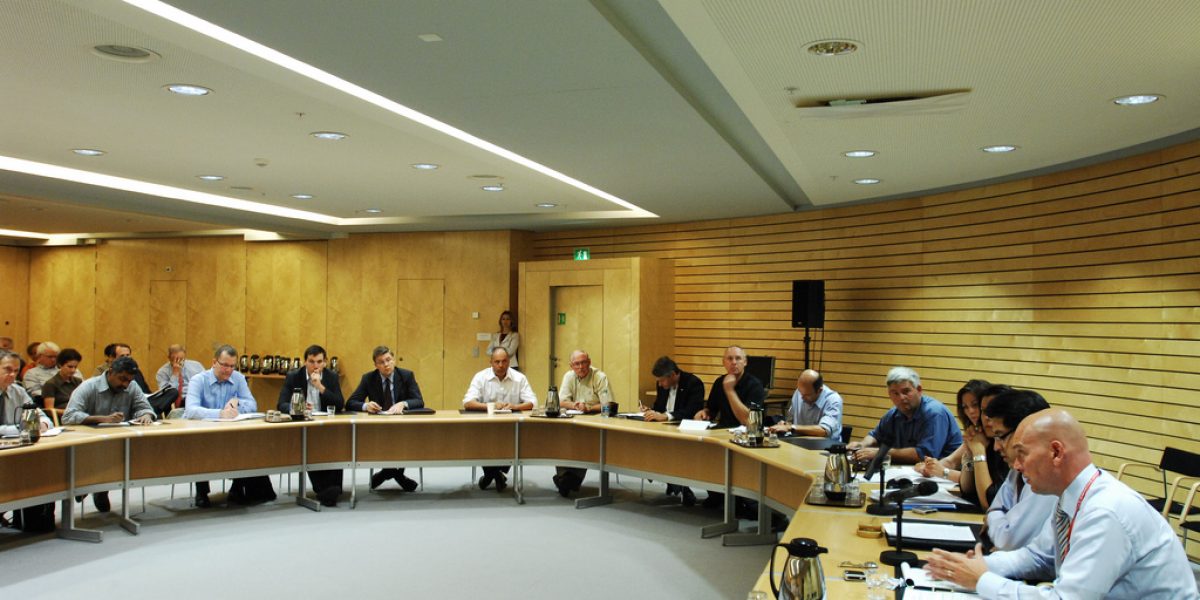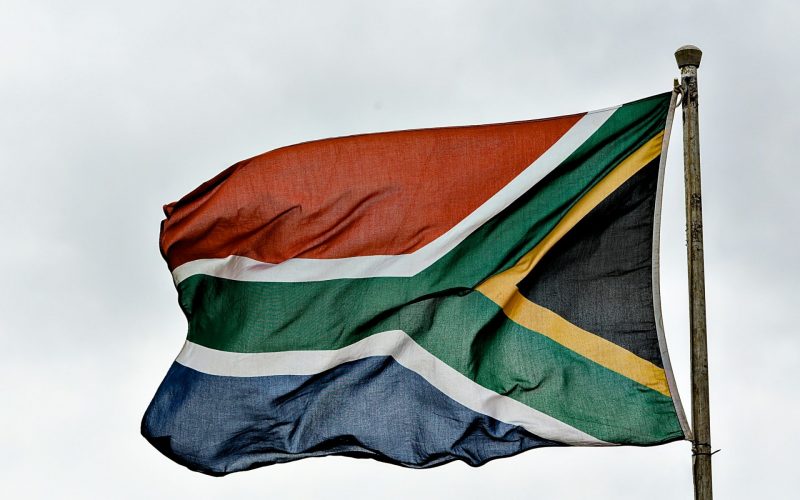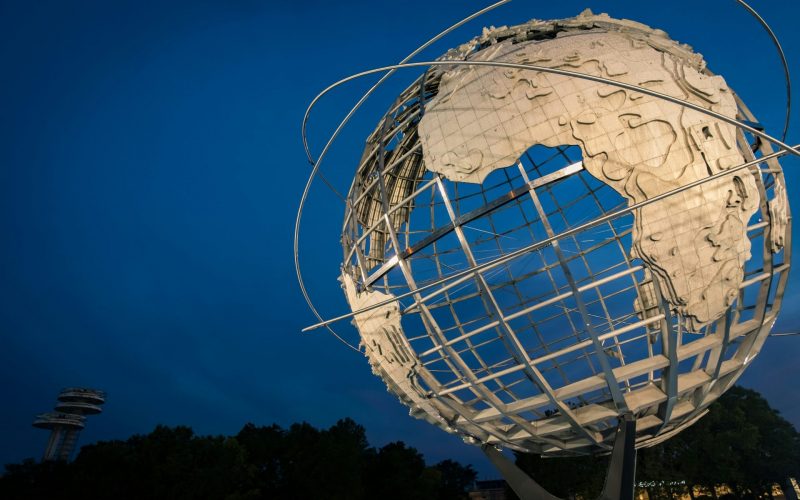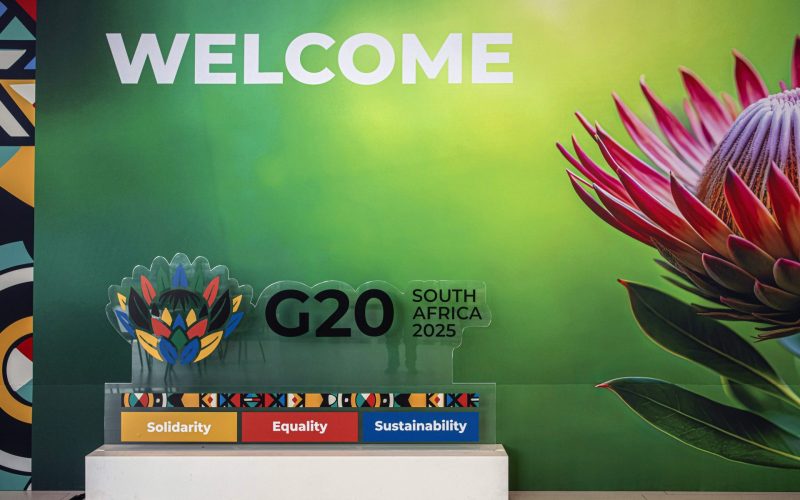Because of ongoing difficulties in the Doha round, the WTO’s membership was eager to avoid a repeat of the 1999 election, which deadlocked for 10 months.
Back then, a deal had to be struck that gave the two contenders for the job – New Zealand’s Mike Moore (developed countries choice) and Thailand’s Panitchpakdi (developing countries favourite), three years each in office instead of the normal four years.
This year’s relatively uncontroversial election therefore provides a small shot in the arm for the beleaguered multilateral trade machinery.
So how will Lamy tackle the immense challenge of achieving a new global trade regime? In concrete terms, he has few resources – a relatively small secretariat of about 600 people with a limited annual budget of about $140 million (R896 million).
The WTO is a member-driven institution. Consequently, and unlike the World Bank and the International Monetary Fund, which are huge, powerful bureaucracies, its secretariat wields very little power and has no formal locus standi to make proposals or suggestions.
Therefore, a candidate’s personal influence and consensus-building capabilities are critically important. The WTO’s increasing membership and broadening scope makes it imperative to have a director-general who is an effective mediator.
Since about 80 percent of the WTO’s membership consists of developing countries, some commentators called for a developing countries candidate to take the reins. However, if it were this simple then one of the three losing developing countries candidates would have won the race.
The reality is more complex and the crux of it is what some commentators call the world’s new economic geography.
In the Uruguay round, the so-called quad – the US, EU, Canada and Japan – largely directed proceedings, cut key deals, and, through various power relations, ensured these deals were adopted by the wider membership.
Only a small but influential cluster of pro-trade liberalisation developing countries in Latin America and east Asia broke away from the North-South consensus and cut deals with developed countries.
It is scarcely surprising that the current multilateral framework strongly reflects 45 years of developed country dominance.
Now, in the Doha round, and particularly since the failed WTO ministerial conference at Cancun in 2003, Lamy has spoken of a new quad: the US, EU, G20 (with India, Brazil, South Africa and China at its core) and the G90 (centred on the Africa group).
In his view, if an overall deal is to be crafted and the WTO held on course as an inclusive, consensus-based organisation, then these constituencies all have to agree on a package.
The WTO’s principle of decision by consensus masks hard-boiled political and economic realities outside Geneva. About 30 countries (counting the EU as one) account for well over 80 percent of international trade and foreign investment.
This comprises the Organisation of Economic Co-operation and Development plus 20 to 25 developing countries that have been globalising rapidly and successfully.
These are the ones with sufficient negotiating capacity and bargaining power. They must take the lead in fashioning the core liberalising and rule-making deals.
And they must be at the heart of multi-country coalitions on particular issues and across the board. Poorer and weaker developing countries must be consulted and will exercise influence through the least developed countries group, the African, Caribbean and Pacific (ACP) countries, and the G90 groupings.
Lamy is right that the multilateral trade negotiating dynamic has shifted decisively. However, it is not clear that this is in a direction conducive to keeping the WTO train on its tracks. The G90, and some countries in the G20, are not committed to further liberalisation of trade.
Worse, there is talk of a post-Washington consensus against trade liberalisation gathering force in Latin America and Africa particularly. Most worrying of all, though, is that the EU and US are finding it increasingly difficult to reconcile growing domestic protectionist pressures with the liberalising process required in the WTO.
These pressures are coalescing into a minimalist agenda in the Doha round that will not yield much liberalisation. Nor will it deliver much in the way of rules harmonisation as powerful constituencies in the EU, US and Japan require.
Yet a Doha round conclusion with something to show must help preserve a non-discriminatory, rules-based multilateral trading system. That would be better than the alternative: an undisciplined, messy, bilateral and regional preferential trade patchwork.
Without multilateral liberalisation keeping pace, power relationships would trump rules; transaction costs for businesses would increase (especially through complicated rules of origin); and the poorest and weakest developing countries would be marginalised even further.
Can Lamy transcend these forces of disintegration?
Undoubtedly, the man dubbed the “Exocet missile” by his commission colleagues has the requisite energy, knowledge, and experience. The key question is whether he will successfully transcend his roots as a French socialist politician and advocate for EU trade policy.
On this score, his track record is generally good.
The pivotal issue in the Doha round is agricultural reform in rich countries. The Cairns Group, consisting of competitive agricultural exporters like Australia and Argentina might have preferred Pérez del Castillo, the Uruguayan candidate, given Lamy’s background.
Yet Lamy’s extensive understanding of EU internal decision-making processes and politics, and his influence on the global stage, may have tilted the balance in his favour as someone who could effectively mediate significant reforms if he so wished.
His experience in dealing with the US undoubtedly added to his broader attraction. And the swing vote came from the G90, especially the ACP countries, which want to preserve their tariff preferences and the right to special and differential treatment. In the end, this may have been Lamy’s master stroke: as EU trade commissioner he once offered them the round for “free”.







